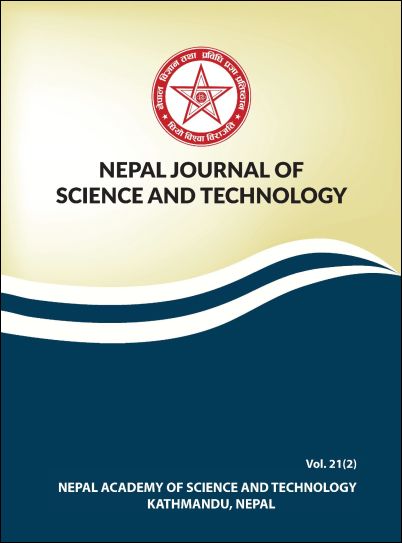SQL Optimization in Oracle using Hybrid Genetic and Ant Colony Algorithm
DOI:
https://doi.org/10.3126/njst.v21i2.62353Keywords:
Ant Colony, Genetic, SQL, Query Optimization, Query Execution planAbstract
In this paper, the input user Structured Query Language (SQL) query is converted into an optimized SQL query using a hybrid algorithm. The main aim is to reduce query execution time using PHP language and oracle database. These performance has been evaluated using different performance metrics: Cost of individuals, Query execution time. The hybrid algorithm method combines the evolutionary effect of the Genetic Algorithm (GA) and the cooperative effect of Ant Colony Optimization (ACO). A GA with a great global converging rate aims to produce an initial optimum for allocating initial pheromones of ACO. An ACO with great parallelism and effective feedback is then served to obtain the optimal solution. A fused algorithm of a GA and ACO to solve SQL optimization problems is an innovative solution that presents a clear methodological contribution to the optimization algorithm. In the simulation result, we found the algorithm of a GA and ACO to solve SQL optimization problems in Oracle. It is an innovative solution that presents a clear methodological contribution to the optimization algorithm.
Downloads
Downloads
Published
How to Cite
Issue
Section
License
Copyright (c) 2022 The Author(s)

This work is licensed under a Creative Commons Attribution-NonCommercial 4.0 International License.
Authors retain copyright and grant the journal right of first publication.




